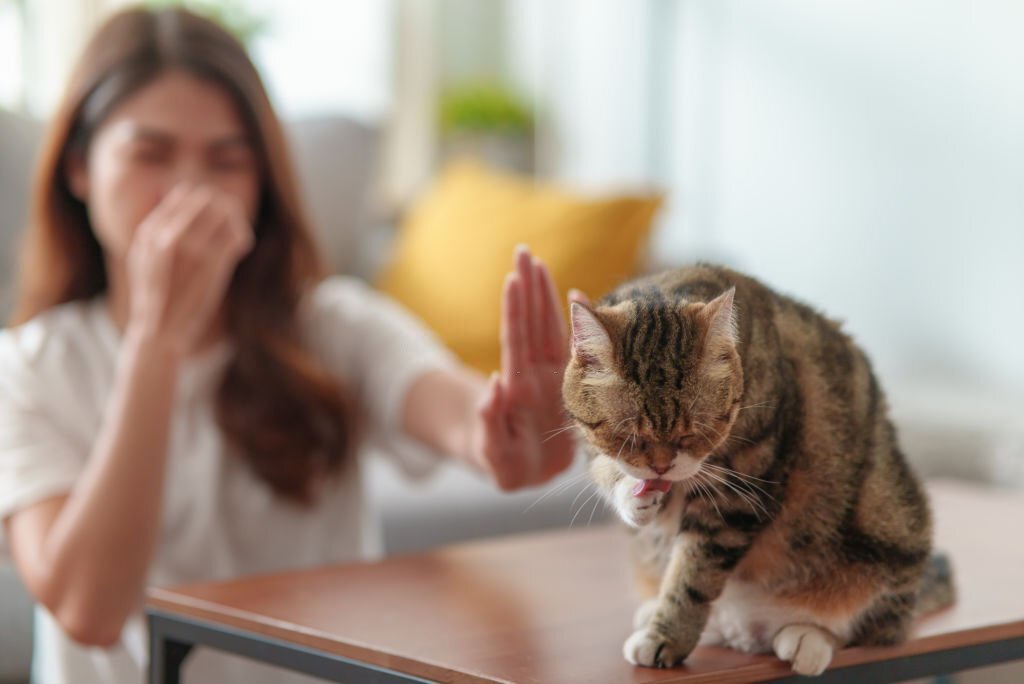Introduction
Cats are mysterious creatures, and their behaviors often leave us intrigued. One such behavior that cat owners may find puzzling is constant swallowing. As responsible pet owners, understanding the reasons behind this behavior is crucial for ensuring the well-being of our feline friends.
Reasons Behind Cat Swallowing
Normal Grooming Habits
Cat swallowing a lot is a natural part of their grooming process. It helps in clearing loose fur and other debris from their tongues.
Presence of Hairballs
Hairballs are a common occurrence in cats, especially those with long fur. Swallowing helps move these hairballs through the digestive tract.
Medical Issues
Underlying medical conditions, such as throat infections or dental problems, may lead to increased swallowing in cats.
Anxiety or Stress
Cats may resort to excessive swallowing as a coping mechanism for anxiety or stress.
Identifying Normal Cat Swallowing vs. Excessive
Frequency
Normal swallowing occurs intermittently during grooming or after meals. Excessive swallowing is characterized by frequent and continuous episodes.
Associated Behaviors
Observing your cat's overall behavior, such as lethargy or changes in appetite, can help distinguish normal from excessive swallowing.
Monitoring Food Intake
Keeping track of your cat's food intake and any changes in eating habits can provide valuable insights into their swallowing behavior.
Potential Health Risks
Digestive Problems
Excessive swallowing can lead to digestive issues, including vomiting and diarrhea.
Respiratory Issues
In some cases, constant swallowing may be linked to respiratory problems, necessitating prompt veterinary attention.
Malnutrition
If swallowing is impacting a cat's ability to eat properly, it may lead to malnutrition over time.
Addressing Hairball Issues
Proper Grooming Techniques
Regular brushing can significantly reduce the formation of hairballs, minimizing the need for excessive swallowing.
Specialized Cat Foods
Incorporating specialized cat foods designed to prevent hairballs can be an effective preventive measure.
Veterinary Consultation
If hairballs persist, consulting with a veterinarian can help rule out underlying health issues.
Medical Conditions Linked to Excessive Swallowing
Gastrointestinal Disorders
Conditions like gastroenteritis or inflammatory bowel disease may manifest through increased swallowing.
Dental Problems
Dental issues, such as gingivitis or dental abscesses, can contribute to discomfort, leading to excessive swallowing.
Allergies
Allergic reactions may prompt cats to swallow excessively as a response to throat irritation.
Managing Anxiety and Stress
Creating a Calm Environment
Providing a peaceful and secure environment can help alleviate stress-induced swallowing.
Interactive Play
Engaging in interactive play sessions can serve as a distraction, diverting a cat's attention away from stressors.
Consultation with a Vet Behaviorist
For persistent anxiety or stress issues, seeking advice from a veterinary behaviorist is advisable.
Practical Tips for Cat Owners
Regular Vet Check-ups
Scheduling regular veterinary check-ups ensures early detection of any underlying health issues.
Providing a Balanced Diet
A well-balanced diet supports overall health, minimizing the risk of digestive problems and excessive swallowing.
Hydration Importance
Maintaining proper hydration is vital for preventing various health issues, including hairball formation.
Understanding Cat Communication
Vocal Cues
Cats communicate through vocalizations, and changes in meowing patterns may indicate discomfort or distress.
Body Language
Observing your cat's body language, such as tense postures or excessive grooming, can provide insights into their well-being.
Behavioral Observations
Being attentive to changes in behavior, such as increased hiding or avoidance, can help identify underlying issues.
Importance of Professional Veterinary Advice
Timely Diagnosis
Veterinarians are trained to diagnose and treat various health conditions, ensuring timely intervention for your cat's well-being.
Tailored Treatment Plans
Professional advice allows for tailored treatment plans, addressing the specific needs of your cat based on their health and lifestyle.
Long-term Health Benefits
Investing in veterinary care contributes to the long-term health and happiness of your feline companion.
Conclusion
Understanding why your cat constantly swallowing is the first step in ensuring their well-being. Whether it's a normal grooming habit, a response to hairballs, or an indication of an underlying health issue, responsible pet ownership involves staying informed and seeking professional advice when needed.


No comments yet